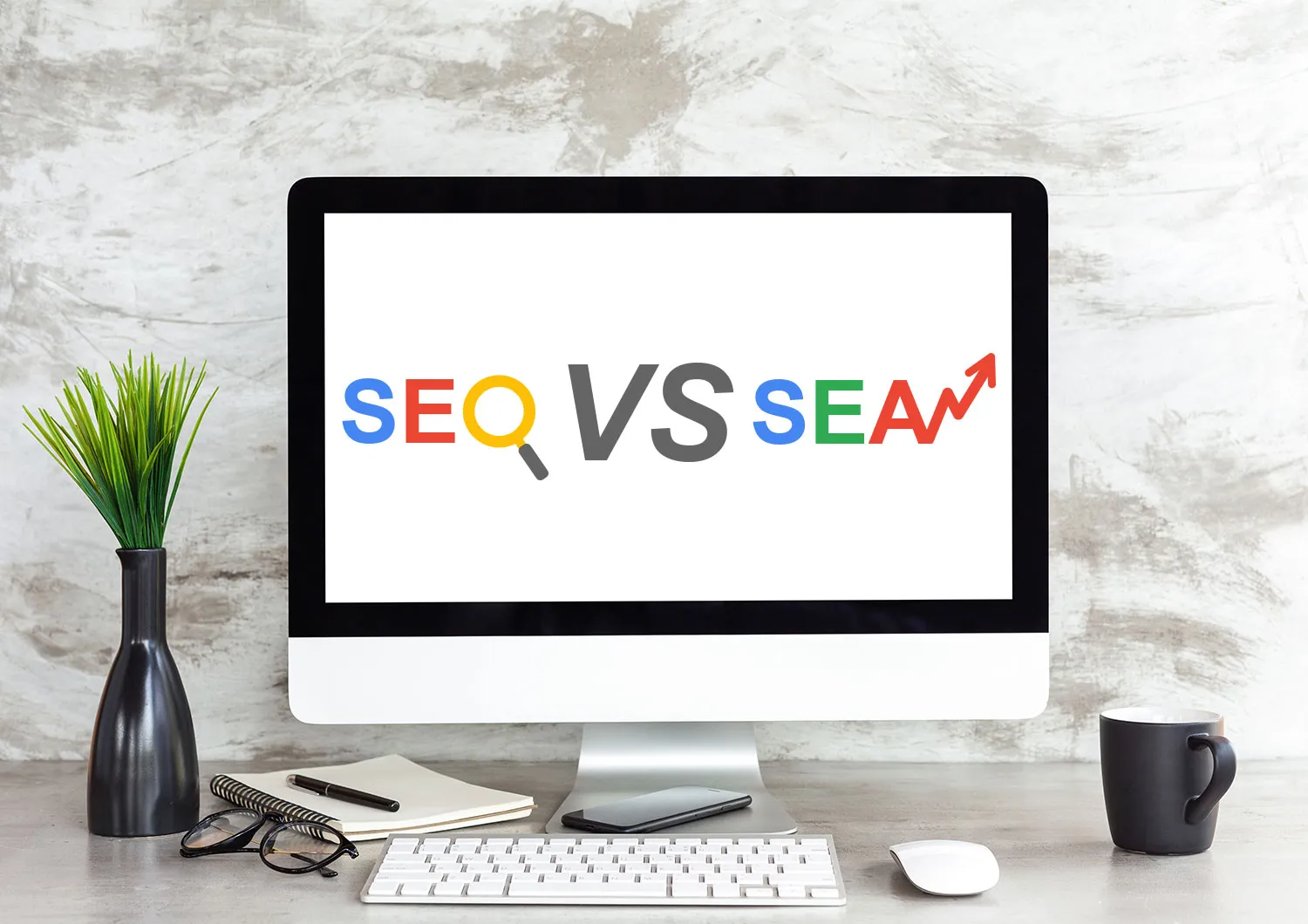Спонсоры
The Future of Paid Search: Trends to Watch

Paid SEA continues to evolve rapidly as digital marketing adapts to new technologies, user behaviors, and platform innovations. Marketers today need to stay ahead of emerging trends to ensure their campaigns remain effective and competitive in an increasingly crowded digital space. Understanding the future of paid search involves examining the latest developments in automation, personalization, voice search, and data privacy—trends that will shape how businesses plan and execute their advertising strategies in the coming years. Keeping a close eye on these shifts allows brands to leverage new opportunities and avoid falling behind.
The Rise of Automation and AI-driven Campaigns
One of the most significant trends shaping the future of paid search is the growing reliance on automation and artificial intelligence. Platforms like Google Ads have integrated machine learning models that optimize bids, ad placements, and targeting more efficiently than ever before. Automated bidding strategies such as Target CPA and Maximize Conversions enable advertisers to set goals and let AI adjust bids in real time based on user intent and contextual signals. This not only improves campaign performance but also reduces the manual effort required to manage complex ad accounts. As AI algorithms become more sophisticated, expect automation to take on even more strategic roles, helping marketers deliver highly personalized and optimized search experiences at scale.
Personalization and User-Centric Advertising
Personalization is no longer just a nice-to-have but a necessity in paid search. Future campaigns will focus heavily on delivering tailored messages based on individual user behaviors, preferences, and intent signals. Google and other platforms are developing ways to better understand users’ needs, enabling advertisers to serve highly relevant ads that resonate on a personal level. This could mean dynamic ad copy that adapts to search queries or customized landing pages that reflect user interests. As audience data becomes more granular and accessible within privacy boundaries, marketers will need to evolve their strategies to prioritize relevancy and context, turning generic ads into personalized experiences that genuinely connect.
Voice Search and Conversational Advertising
With the proliferation of voice assistants like Alexa, Google Assistant, and Siri, voice search is transforming the landscape of paid search. Voice queries tend to be more conversational and question-based, often with a focus on local or immediate information needs. This shift means advertisers must rethink their keyword strategies around natural language and long-tail phrases. Future paid search campaigns will increasingly incorporate conversational ads that align with voice search patterns, making it essential for brands to understand how people speak and ask questions online. Developing voice-friendly ad copy and optimizing for featured snippets will be crucial for capturing voice-driven traffic and staying relevant in an era where voice becomes a dominant search channel.
Data Privacy and Its Impact on Targeting
As digital privacy regulations tighten worldwide, the way marketers collect and utilize data for audience targeting will inevitably change. The phasing out of third-party cookies and stricter data privacy laws like GDPR and CCPA mean fewer user tracking capabilities. In the future, paid search will shift toward more contextual and first-party data-driven strategies, relying on anonymized data signals and audience segments that respect user privacy. This will require advertisers to be more creative with their targeting, emphasizing contextual relevance, intent signals, and building audiences through direct engagement. Transparency and trust will be the foundation of successful paid search campaigns, and adapting to privacy changes will be essential for long-term success.
Integration of Cross-Platform Campaigns
Looking ahead, paid search will become increasingly integrated within broader digital marketing ecosystems. The lines between search, social media, display, and content marketing will blur as brands adopt a more holistic approach. Cross-platform campaigns will enable advertisers to nurture prospects through multiple touchpoints, from paid search ads on Google to social media promotions and programmatic display. This integrated approach will improve attribution accuracy, optimize the customer journey, and create a seamless experience for users. Marketers will need to develop sophisticated tracking and attribution models that connect data across channels, ensuring they allocate budget intelligently and measure ROI accurately.
The Growing Importance of Local and Visual Search
Local search remains a critical area of focus, especially for small and medium-sized businesses looking to attract nearby customers. In the future, paid search will place even greater emphasis on local intent signals, leveraging geo-targeting, local extensions, and review integrations to enhance relevance. Additionally, visual search tools are gaining prominence, allowing users to search using images instead of words. This trend will push advertisers to optimize their visual content and product images for search, creating new avenues for discovery. Incorporating local and visual search strategies into paid campaigns will be vital for brands seeking to stay competitive in hyper-targeted, user-driven search environments.


